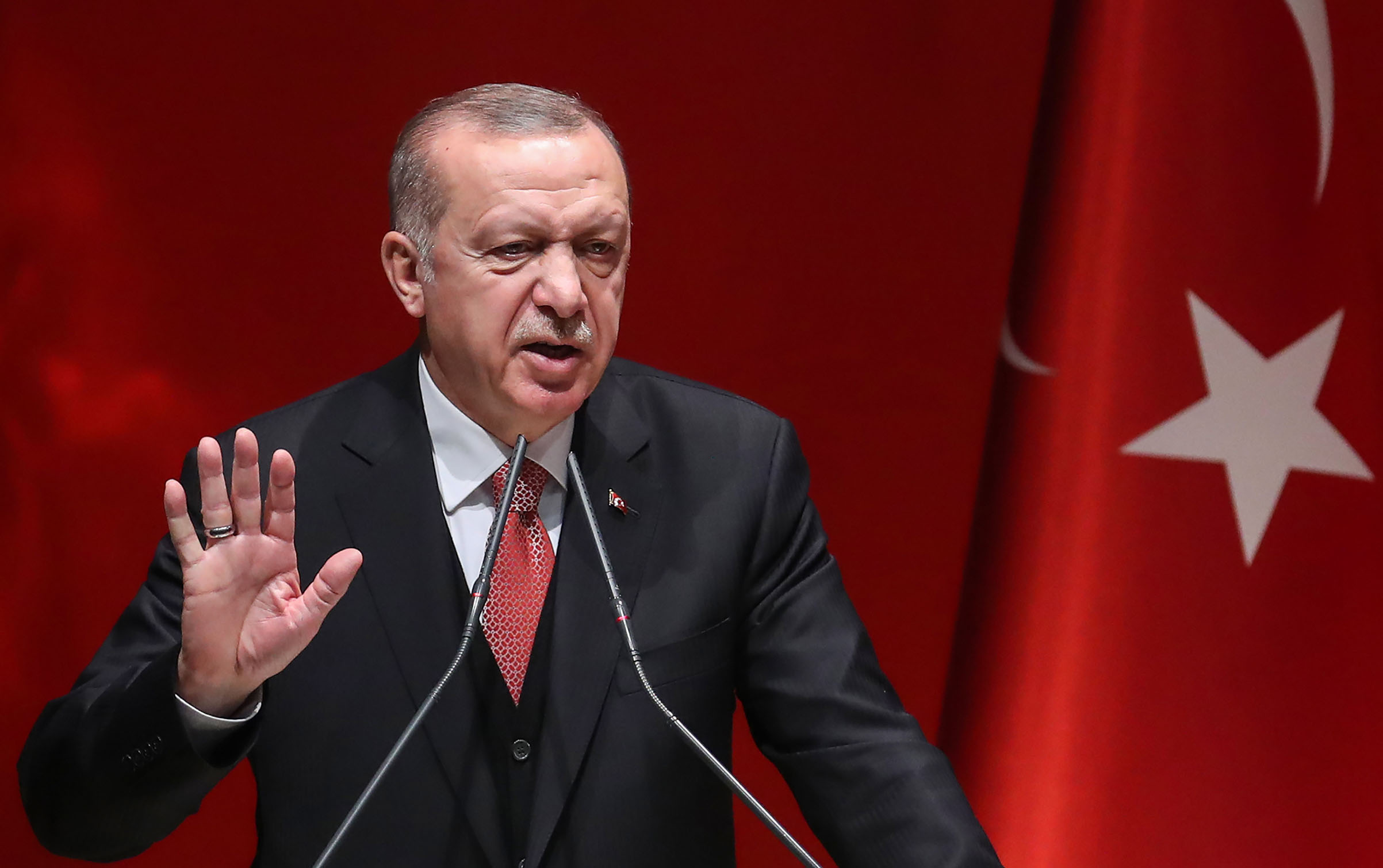After tensions escalated between Ankara and Moscow in Idlib province in northern Syria, Russian President Vladimir Putin and his Turkish counterpart, Recep Tayyip Erdogan, signed a ceasefire agreement.
Indeed, the clashes in Idlib, which have begun in recent months, are seen as a sort of final battle in Syria, since Idlib is the last major strategic point in the hands of terrorist groups and normally the domination of the Syrian army and its allies over the region could mark a new era inside Syria, a period in which the military crisis will be completely resolved and the country will somehow be cleared of terrorist groups. The point here is that Idlib is important for Turkey in two respects: first, because Idlib is considered a strategic area and the last Turkish bargaining chip in Syria, and if Turkey loses Idlib and its proxy forces in this region fail, it will not enjoy a high status and weight in the future.
The second reason is the policy Turkey has been pursuing in Syria over the past years and has taken steps in support of proxy groups and mainly armed terrorist and dissident groups.
In the current situation, the issue of these groups has also become a major challenge for Turkey; Ankara is neither able to resettle these groups due to war experiences and terrorist acts on its territory, nor can they be moved to another region. As a result, Ankara was plunged into a deadlock and had no way but reach a political settlement. Interestingly the West, neither the US nor Europe nor NATO, were ready to support Turkish policies in northern Syria or join the war with Russia for the sake of Turkey and its ambitions in Syria.
As a result, Turkey saw itself isolated internationally and realized that it did not hold the upper hand on the battlefield either. Consequently, it was forced to sign a political agreement with Russia despite the casualties and damage sustained in recent weeks and to buy time. This agreement is neither comprehensive nor long-term. It is merely an opportunity that could create a breathing space for Turkey, while the Syrian army’s achievements in the deal have been largely consolidated.
In such a situation when the Westerners were also unwilling to support the Turkish government on the Syrian issue, the Ankara government seems to have again resorted to the traditional policy of using the immigrants and refugees issues as leverage. That is, it opened its borders with European countries to engage them like 2015 and 2016 in the security challenges posed by illegal immigration.
Not only did the European countries not support Recep Tayyip Erdogan and the Ankara government, but unlike previous times that they had pledged a series of donations, this time fully condemned Turkey’s “blackmail.”
Therefore, it seems that this action of the Turkish government too will backfire. That is to say not only will Europe’s political and economic support not be behind Ankara, but also political relations between the two sides will likely be strained in the coming days and weeks. European politicians will not accept Ankara’s ransom policy at all, so there is a possibility that rhetorical and diplomatic tensions will rise between the parties.










0 Comments